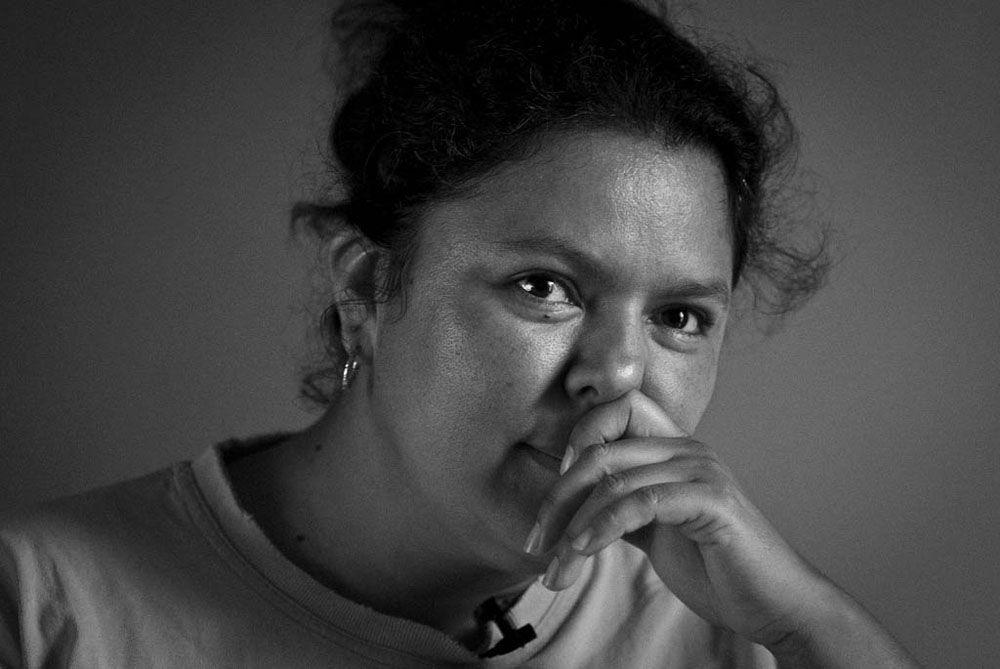No one could accuse Berta Cáceres of being faint-hearted. The leading Honduran indigenous activist has endured multiple threats, systematic judicial harassment and smear campaigns because of her efforts to keep indigenous lands in Honduras free of companies that plunder their natural resources.
Cáceres describes all this as "just part of the struggle", but says that, without solidarity from her peers, it could all be over.
"The solidarity is why I am alive and why I am here," she told a recent meeting of the Mesoamerican Human Rights Defenders' Initiative (IM-Defensoras) in the Mexican capital. "And, of course, we are committed to continue."
IM-Defensoras is a three-year-old effort to provide women's rights defenders in the region with protection mechanisms that are gender-sensitive and adapted to different contexts.
They go beyond traditional options usually focused on organising some kind of police guard or facilitating exile.
Range of activists
The initiative includes women's rights activists ranging from some who, like Cáceres, who focus on large collective campaigns to defend land and cultural rights to activists in El Salvador who support women who have been imprisoned for abortion, which carries a heavy sentence, even if a woman's life is endangered by the pregnancy.
Whatever their cause, the organisers of IM-Defensoras say activists in Central America are increasingly being targeted amid rampant criminal violence fuelled by institutional breakdown.

Indigenous rights campaigner Berta Cáceres
This means official offers of protection are rarely effective and difficult to trust. The initiative documented 414 attacks on female activists between 2010 and 2012, a period in which it says 38 women were killed, with the vast majority of their deaths blamed on the state.
"The guiding principle is to find what each woman human rights defender needs to keep doing her work," says Cristina Hardaga of the international feminist group Just Associates, one of six organisations that launched the initiative in 2010.
"We try to analyse the situation and design the protective measures that are required."
National networks
The initiative is built around the creation of national networks of activists.
So far, these have been set up in Mexico, Guatemala, Honduras, El Salvador and Nicaragua, with about 360 members.
The plan is to expand these networks and set up new ones in Costa Rica and Panama.
They are the basis of most of the work of IM-Defensoras and, in times of emergency, the networks may draw attention to a credible death threat or organise temporary exile, for example.
They devise strategies that take into account complications such as whether an activist has children. – © Guardian News & Media 2014